Effects of Smoking on Your Teeth

The Impact of Smoking on Oral Health

Introduction to Smoking and Dental Health
Smoking is a significant contributor to various oral health issues, including gum disease and tooth loss. It weakens the body's ability to fight infections, making it harder for someone to combat gum infections. This weakened immune response complicates the healing process for already damaged gums. The Centers for Disease Control and Prevention (CDC) has identified smoking as a crucial cause of severe gum disease, a condition that can ultimately lead to tooth loss in its most severe form [1].
According to studies, individuals who smoke are more prone to developing oral health issues as compared to non-smokers. The irritation caused by plaque and tartar buildup around teeth and gums makes smokers particularly susceptible to gum disease and other related complications. For more details about how our teeth function, consult our overview on the anatomy of a tooth.
Dental Effects of Smoking
Smoking can lead to several adverse effects on dental health, including the following:
Dental EffectDescriptionGum DiseaseSmoking promotes plaque and tartar buildup, leading to gum irritation, and increases the risk of periodontal disease.Tooth LossAs gum disease progresses, individuals face a higher likelihood of losing teeth due to structural damage and bone loss.ComplicationsSmokers may experience complications during oral surgeries and tooth extractions, resulting in prolonged recovery times.Oral Cancer RiskSmokers face a significantly elevated risk of mouth cancer, especially when combined with alcohol consumption. More than 746 individuals are diagnosed with mouth cancer each year in Victoria alone.
Quitting smoking can lead to considerable improvements in oral health, significantly reducing the likelihood of developing gum disease and enhancing the response to treatments [2]. As smokers’ immune systems start to recover, their risk factors can come closer to those of non-smokers.
Overall, understanding how smoking affects your teeth is crucial for maintaining optimal oral health. Regular dental check-ups and preventive care are essential for smokers, who should also consider utilizing resources for smoking cessation to promote better dental health outcomes. For more information on managing tooth pain, visit our article on how to deal with tooth pain.

Risks Associated with Smoking
Smoking has significant ramifications for oral health, particularly through its contribution to gum disease and the risk of oral cancer. These issues underscore the critical need for awareness of how smoking affects one's teeth.
Gum Disease and Tooth Loss
Smoking is a leading cause of severe gum disease in the United States. This condition can result in the deterioration of the gums and the supporting structures of the teeth, often culminating in tooth loss. Smokers are more likely to experience receding gums, which exposes tooth roots and increases susceptibility to decay.
A summary of smoking-related impacts on gum health is outlined in the table below:
Oral Health ConditionImpact from SmokingGum DiseaseIncreased risk and severityTooth LossHigher likelihoodGum RecessionMore common in smokers
Tobacco use diminishes blood flow to the gums, impairing healing and increasing infection risk. Smokers are three times more likely to develop gum disease than non-smokers. If one is concerned about their gum health, it is wise to consult a dental professional and learn more about how smoking affects your teeth.
Oral Cancer and Smoking
The connection between smoking and oral cancer is well-documented. Smokers face an increased risk of malignant conditions developing in the oral cavity, including cancers of the lips, tongue, and throat. Tobacco exposes oral tissues to harmful chemicals, contributing to cellular mutations and tumor formation.
The table below summarizes the correlation between smoking habits and oral cancer risks:
Risk FactorOral Cancer RiskSmokingSignificantly higher than non-smokersVapingHigher rates of cavities and gum disease, but data on oral cancer is emerging
Individuals who vape also report higher occurrences of tooth sensitivity and bleeding gums, complicating their overall dental health profile. Quitting smoking can dramatically lower the risk of developing oral cancer, allowing for improved oral health outcomes. For more insights into tooth health management, consider exploring resources about how to deal with tooth pain and can teeth repair themselves?.

Effects of Smoking on Dental Implants
Smoking has a significant impact on dental health, particularly when it comes to dental implants. Understanding how smoking affects your teeth, especially in relation to implants, is crucial for anyone considering this treatment.
Failure Rates in Smokers
Research indicates that dental implants have a higher failure rate among smokers compared to nonsmokers. The failure rates for smokers range from 6.5% to 20%. This increase in failure rates can be attributed to several factors, including poor blood flow to the gums, which is exacerbated by tobacco use.
Smoking StatusFailure Rate (%)Smokers6.5 - 20Nonsmokers< 5
Smokers experience increased marginal bone loss around implants and a higher incidence of peri-implantitis, which is an inflammatory condition that affects the tissues surrounding the implant. These complications contribute significantly to the higher failure rates observed in smokers.
Healing Challenges After Implants
Post-operative healing is crucial for the success of dental implants. Smoking can impede healing due to the constriction of blood vessels caused by tobacco and nicotine. This constriction reduces blood flow to the gum tissues, which is essential for the healing process necessary for successful dental implant integration.
To improve the chances of a successful outcome, it is recommended that individuals refrain from smoking at least one week before the implant surgery and avoid all tobacco products for at least two months post-surgery. Making lifestyle changes can significantly enhance the healing process and overall success rates of dental implants, ultimately promoting better oral health for those with a history of smoking.
For further information on maintaining oral health, including topics like how to deal with tooth pain and can you reverse tooth decay?, explore our related articles.
Cosmetic Effects of Smoking
Smoking has several detrimental effects on oral health, particularly concerning the appearance of teeth. These cosmetic issues can significantly impact self-esteem and overall dental aesthetics.
Tooth Discoloration
Tooth discoloration is one of the most prominent effects of smoking. Research indicates that twenty-eight percent of smokers report experiencing moderate to severe levels of tooth discoloration—a striking difference compared to just 15% of non-smokers.
The association between smoking and tooth discoloration is significant, with logistic regression analysis revealing that smokers have a higher likelihood of reporting moderate [OR = 1.7 (1.4-2.2)] and severe tooth discoloration [OR = 2.4 (1.7-3.3)] compared to their non-smoking counterparts. As the severity of discoloration increases, satisfaction with one's tooth color tends to decrease. Thirty percent of smokers express dissatisfaction with their tooth color versus 15% of non-smokers [5].
Tooth Discoloration LevelsSmokers (%)Non-Smokers (%)Moderate2815Severe2815Dissatisfaction with color3015
Impact on Dental Aesthetics
The aesthetic impact of smoking extends beyond just discoloration. Smokers are more likely to perceive issues with their teeth and express dissatisfaction with their overall appearance. The same study highlights that smokers are nearly two times more likely to be dissatisfied with their tooth color compared to non-smokers [OR = 2.4 (2.0-3.0)] [5].
This dissatisfaction could serve as a motivating factor for individuals considering quitting smoking. More information on the cosmetic effects of smoking on tooth color could be useful in developing effective smoking cessation interventions, especially within dental care settings.
Addressing tooth discoloration and overall dental aesthetics is essential in promoting healthier habits. Regular dental check-ups may help mitigate these effects, making it easier for individuals to maintain their oral health. For more insights, you can learn about how smoking affects your teeth or explore options for whitening products.
Smoking Cessation and Oral Health
Quitting smoking has significant benefits for oral health. For those who are concerned about how smoking affects your teeth, understanding these benefits can provide motivation for change.
Benefits of Quitting Smoking
The immediate and long-term advantages of quitting smoking are well-documented. Smokers who quit can experience up to an 80% reduction in the risk of developing gum disease and bone loss associated with smoking. This remarkable improvement can lead to healthier gums, reduced chances of tooth loss, and an overall enhancement in oral wellbeing. Some of the key benefits include:
BenefitDescriptionReduced Risk of Gum DiseaseQuitting lowers the risk of infections in the gums.Lower Incidence of Oral CancerCigarette cessation decreases the risk of developing mouth lesions and cancers.Improved HealingEnhances the body’s ability to heal after dental procedures.Overall Better Oral HealthLeads to fresher breath, reduced plaque buildup, and healthier teeth.
Improved Response to Treatment
Individuals who stop smoking can significantly enhance their response to dental treatments. Upon quitting, their risk of developing gum disease and their response to gum treatment become similar to those observed in non-smokers [2].
This improved response is particularly important for patients undergoing dental implants. Smoking cessation is recommended at least one week prior to surgery and for at least two months post-implant placement to increase the chances of implant survival [3].
In summary, the benefits of quitting smoking extend beyond just eliminating harmful habits. By improving oral health and treatment outcomes, recent quitters can enjoy a brighter, healthier smile. For ongoing oral health management, understanding how to deal with tooth pain and regular dental check-ups are crucial.
Consistent Dental Care for Smokers
Maintaining optimal oral health is crucial for smokers, as their habits significantly impact their dental well-being. Regular dental care and consistent visits to the dentist play a vital role in managing oral health for those who smoke.
Importance of Regular Dental Visits
For individuals who smoke or vape, frequent dentist visits are essential. Regular check-ups allow dental professionals to monitor for early signs of complications, such as gum disease and oral cancers. Smokers have a significantly higher risk of oral cancers compared to non-smokers, making vigilant monitoring critical. According to Colgate, symptoms such as sores or lumps should prompt immediate dental consultations.
Benefit of Regular VisitsDescriptionEarly Detection of IssuesFrequent appointments help identify problems like gum disease and cancer early.Professional CleaningRegular cleanings remove plaque and tartar build-up, reducing the risk of oral health issues.Customized Treatment PlansDentist can tailor treatment approaches based on individual needs and smoking habits.
Avoiding delays in obtaining dental care is critical, as timely intervention can alleviate many problems associated with smoking. Quitting smoking can notably improve oral health outcomes and the body’s response to treatment, allowing for better recovery from any dental issues.
Addressing Oral Health Concerns
Smokers must be proactive in addressing oral health concerns. Regular visits allow dentists to provide comprehensive assessments and develop effective treatment strategies for gum disease and tooth decay. It is important for patients to discuss any symptoms or changes in their oral health during appointments.
Upon quitting smoking, studies indicate a significant improvement in oral health metrics. Smokers who cease their habit experience an 80% reduced risk of developing gum disease and related bone loss [6]. This reinforces the need for continuous dental care, even after quitting, to sustain improvements and manage any lingering effects.
Individuals should also consider incorporating special dental products into their routines. For instance, using the best toothpaste for sensitive teeth can help alleviate discomfort that may arise due to smoking. Furthermore, learning how to deal with tooth pain can empower smokers to take charge of their oral health between dental visits.
By prioritizing regular dental care, individuals can manage their oral health challenges effectively and work toward achieving a healthier smile.
References
[2]:
[3]:
[4]:
[5]:
[6]:
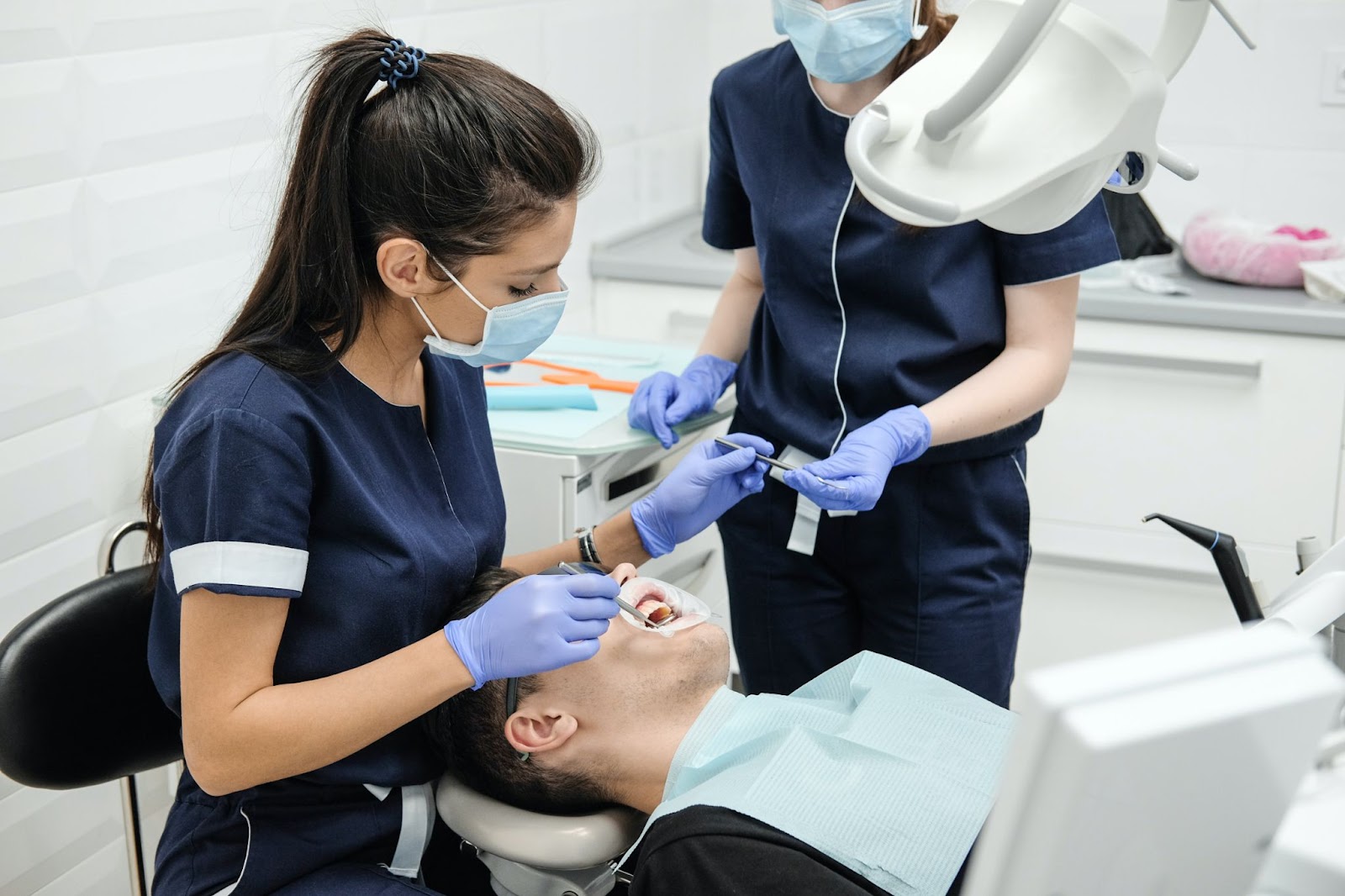




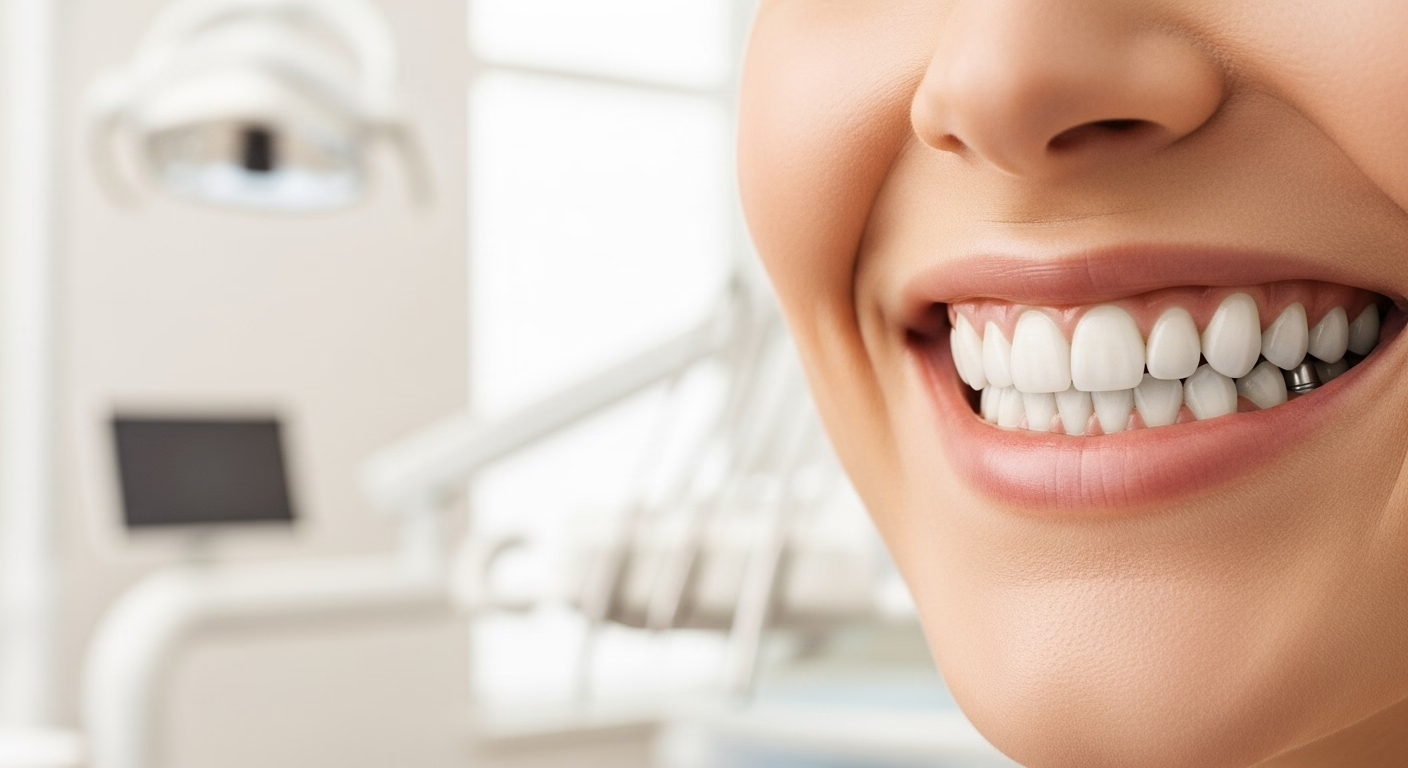
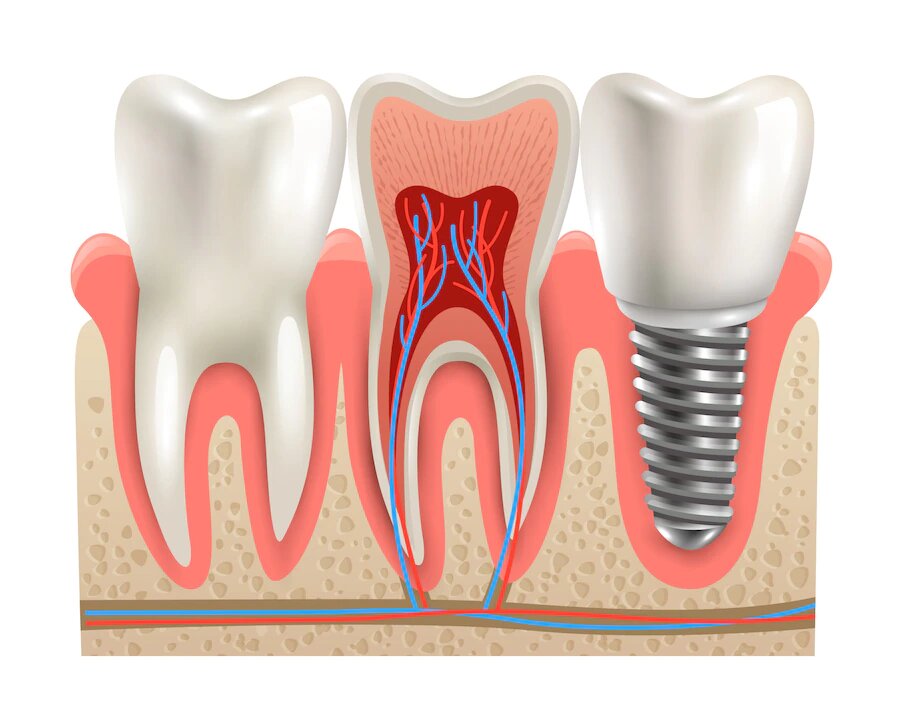
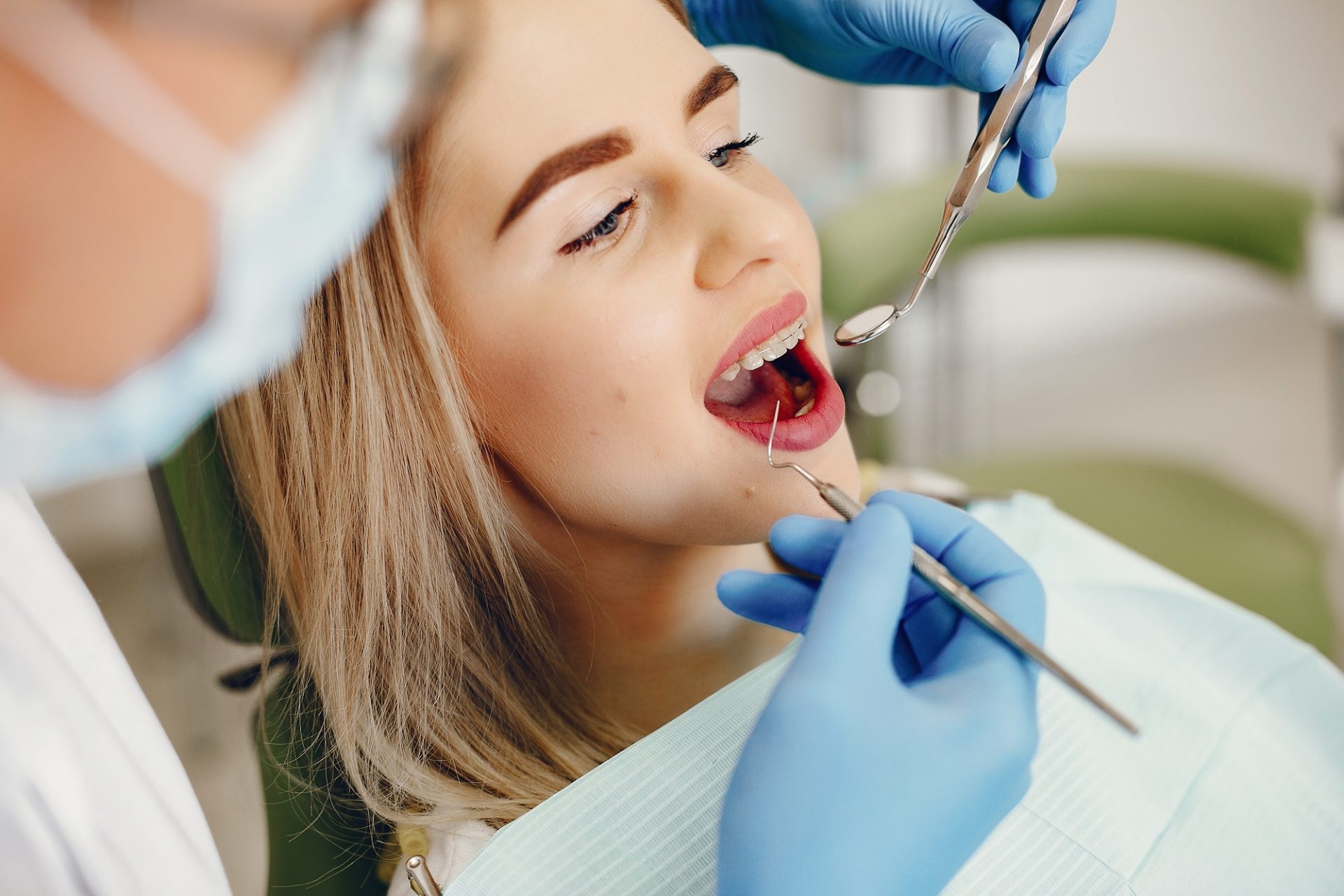









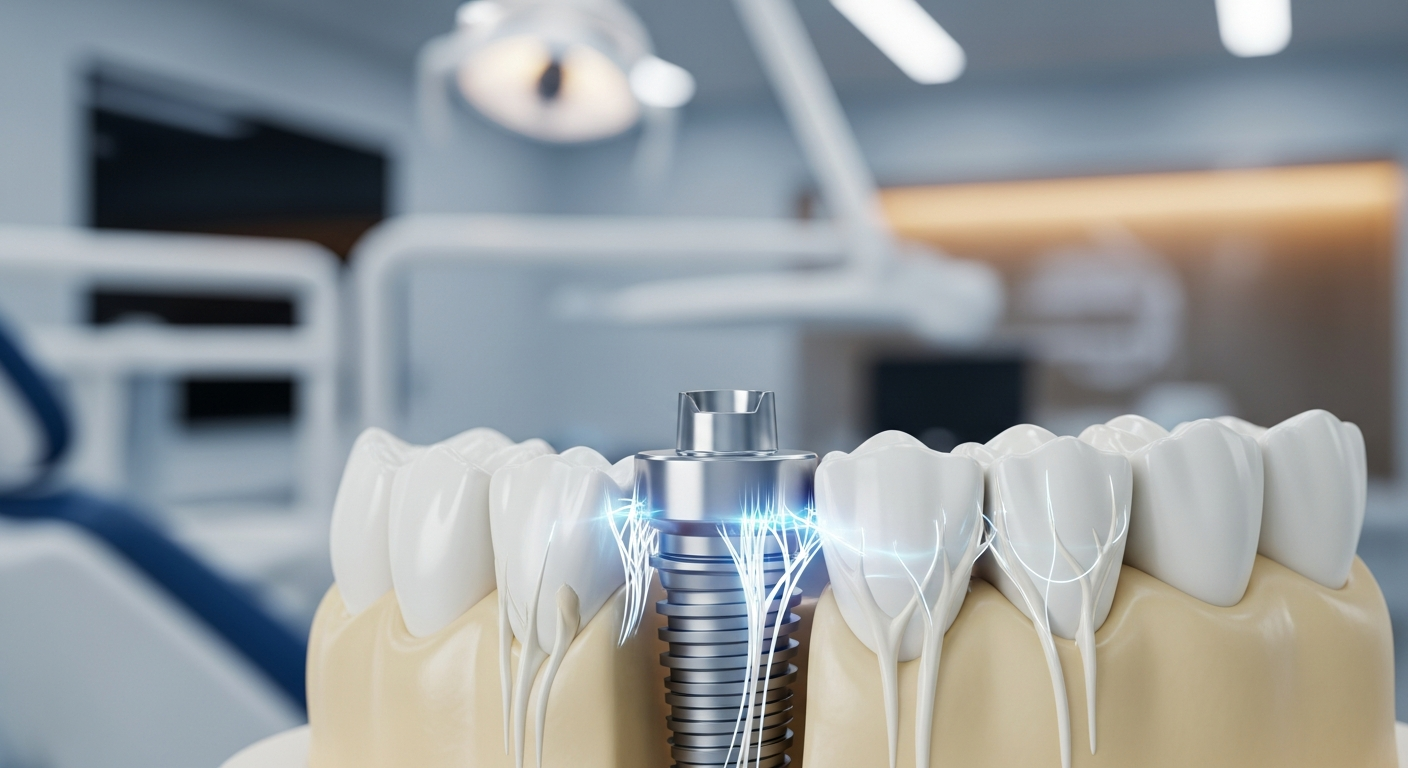
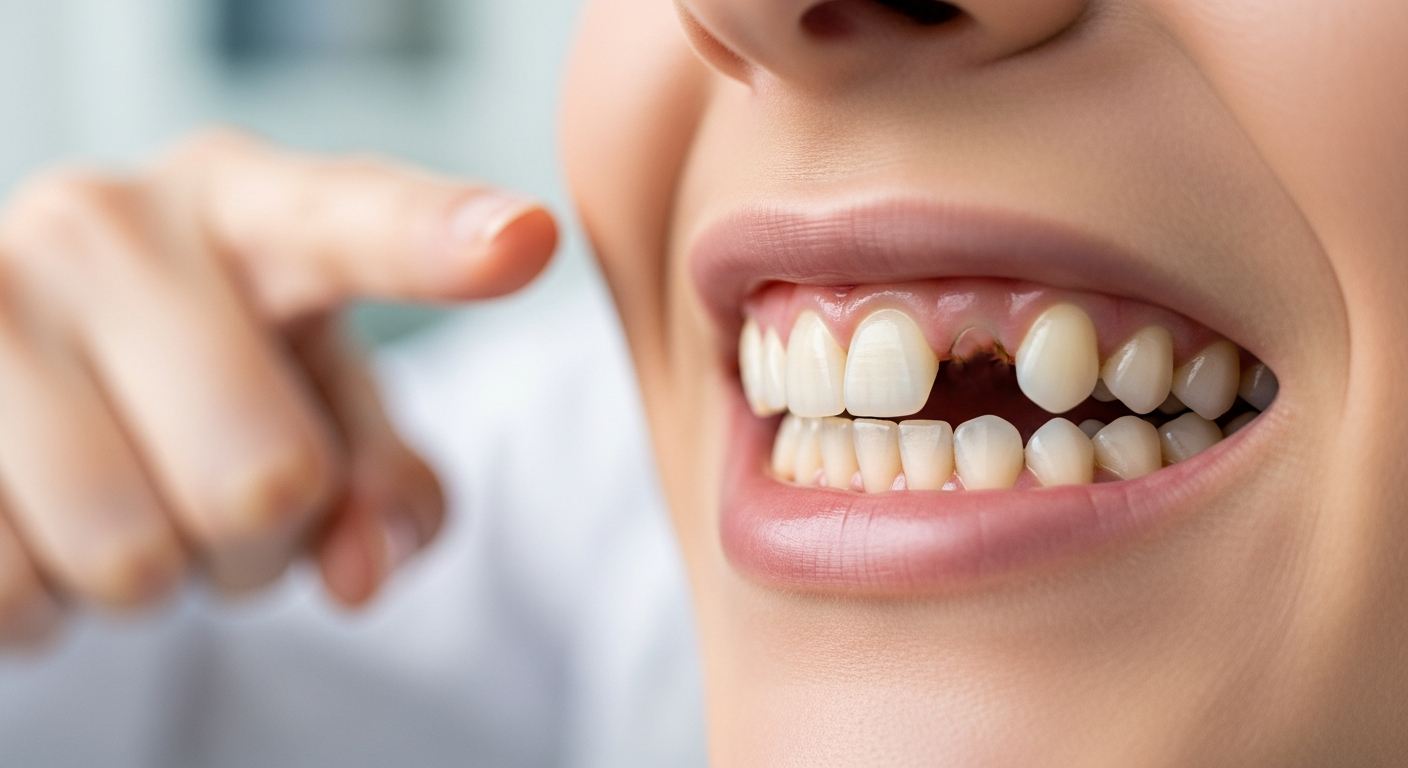





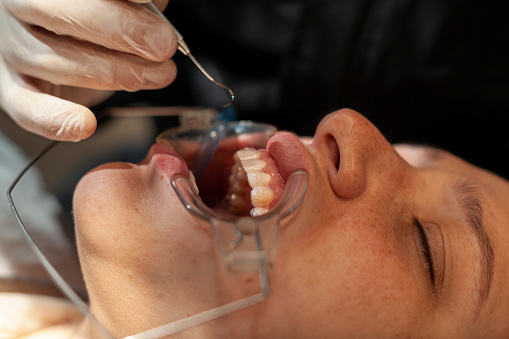

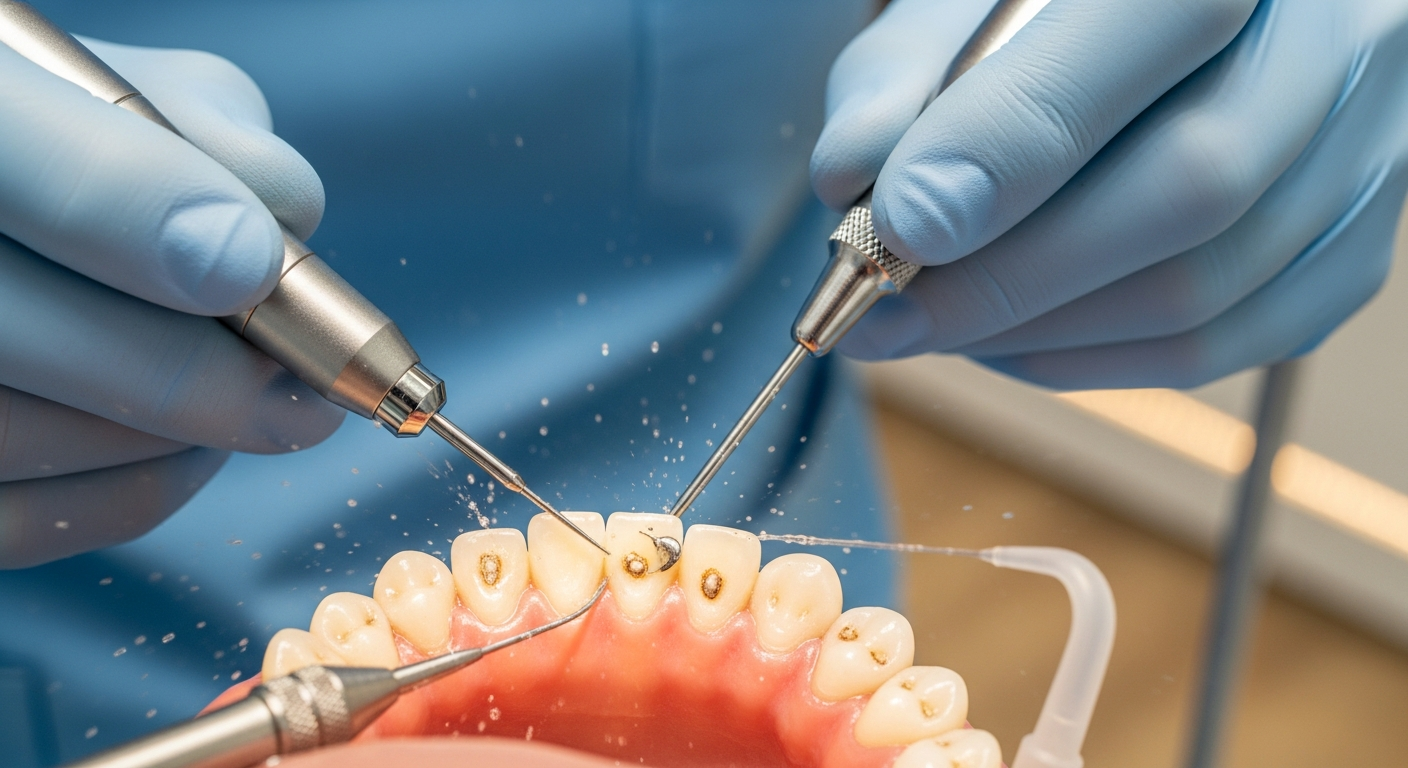


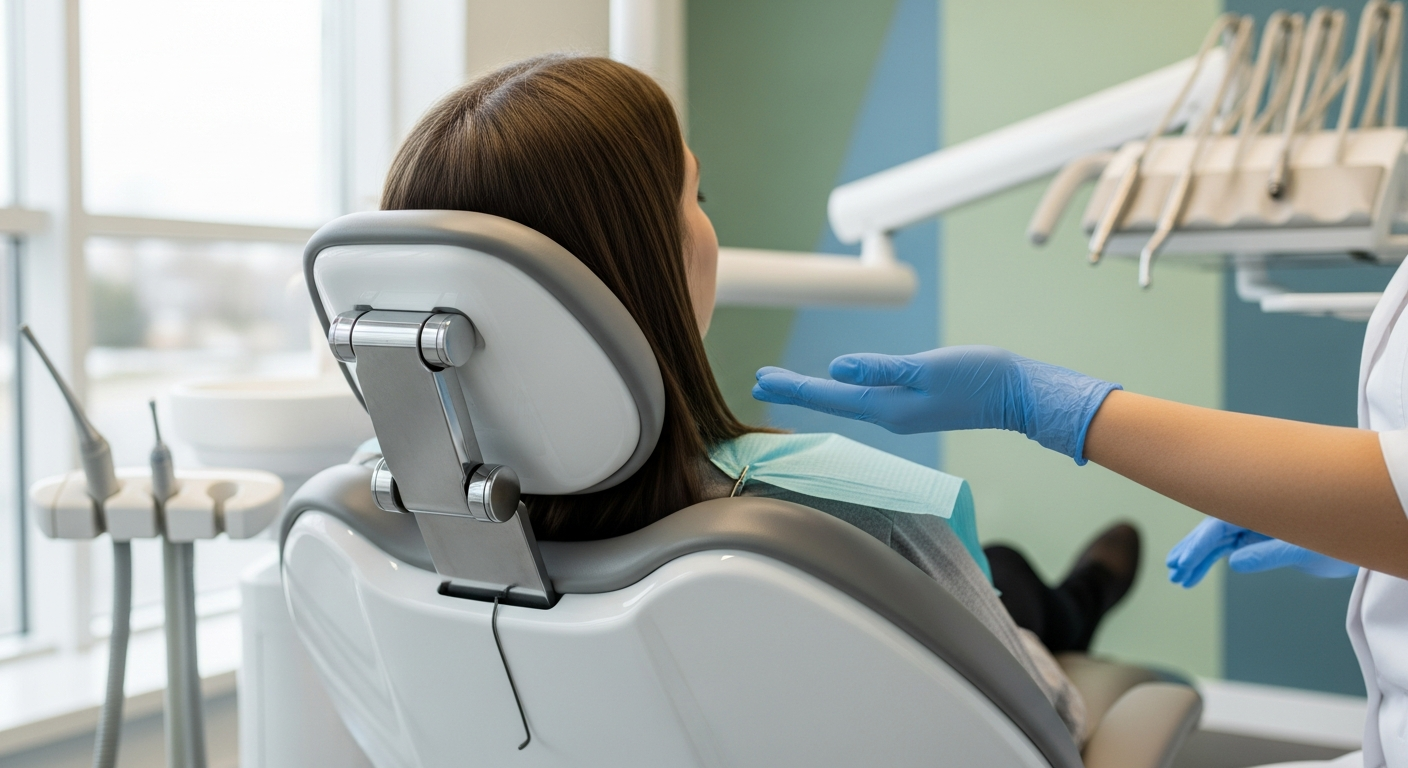


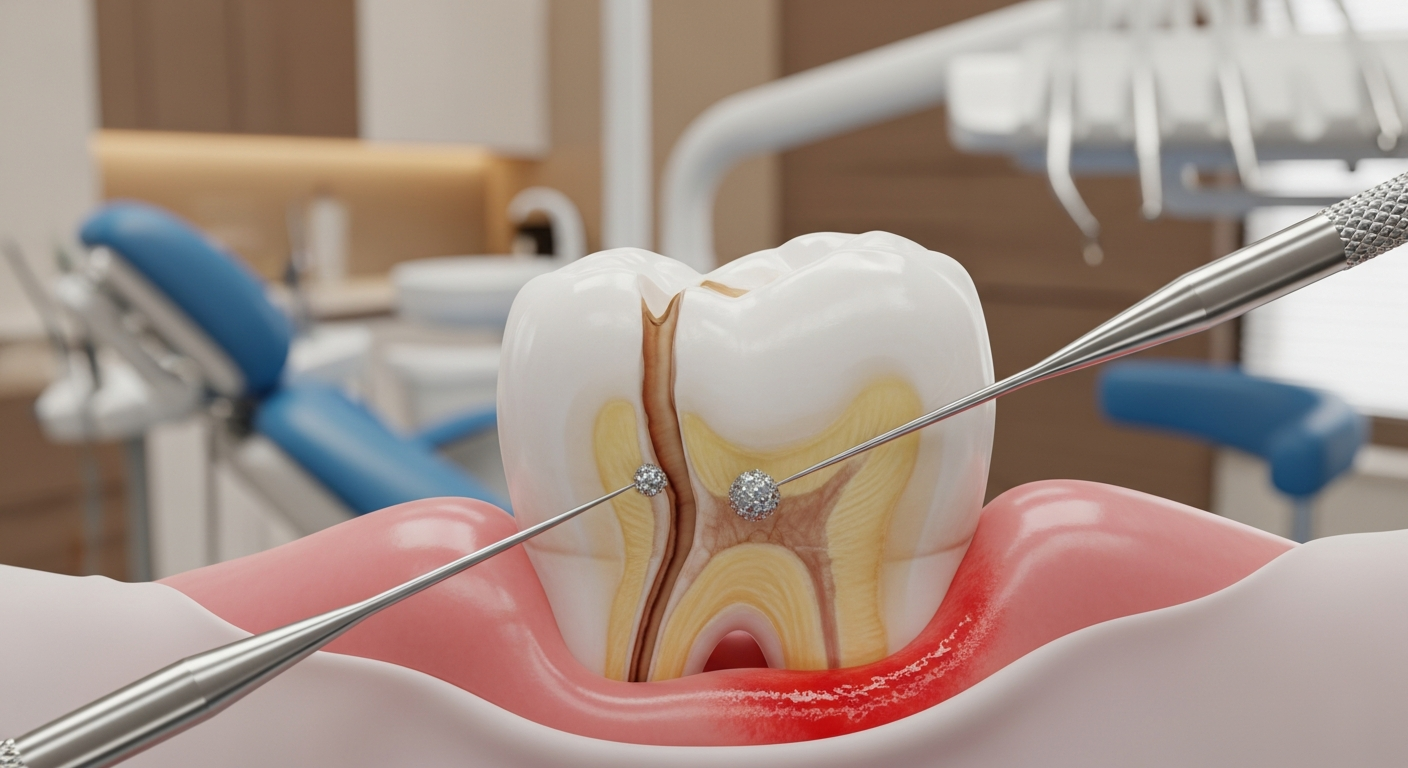




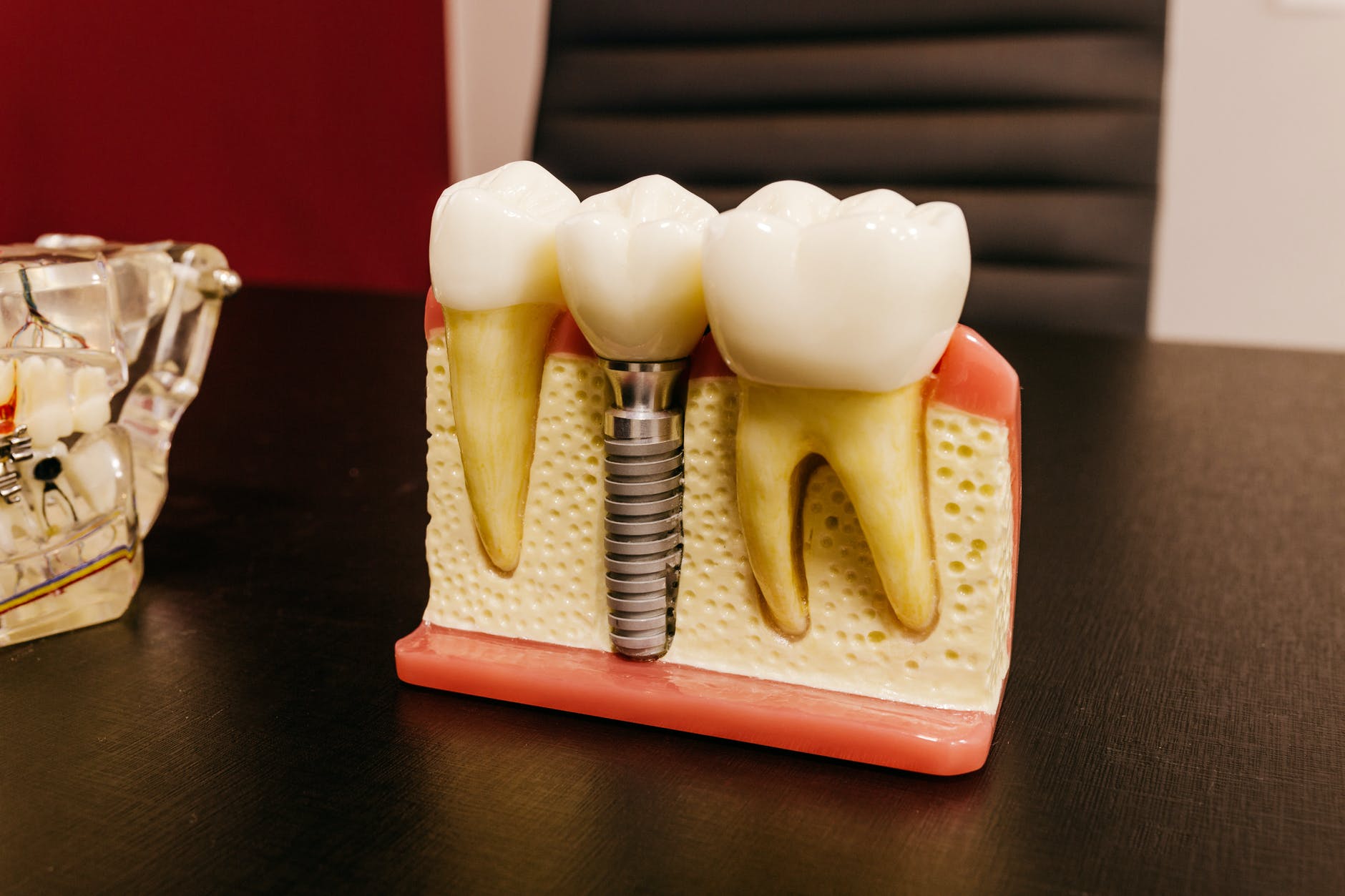


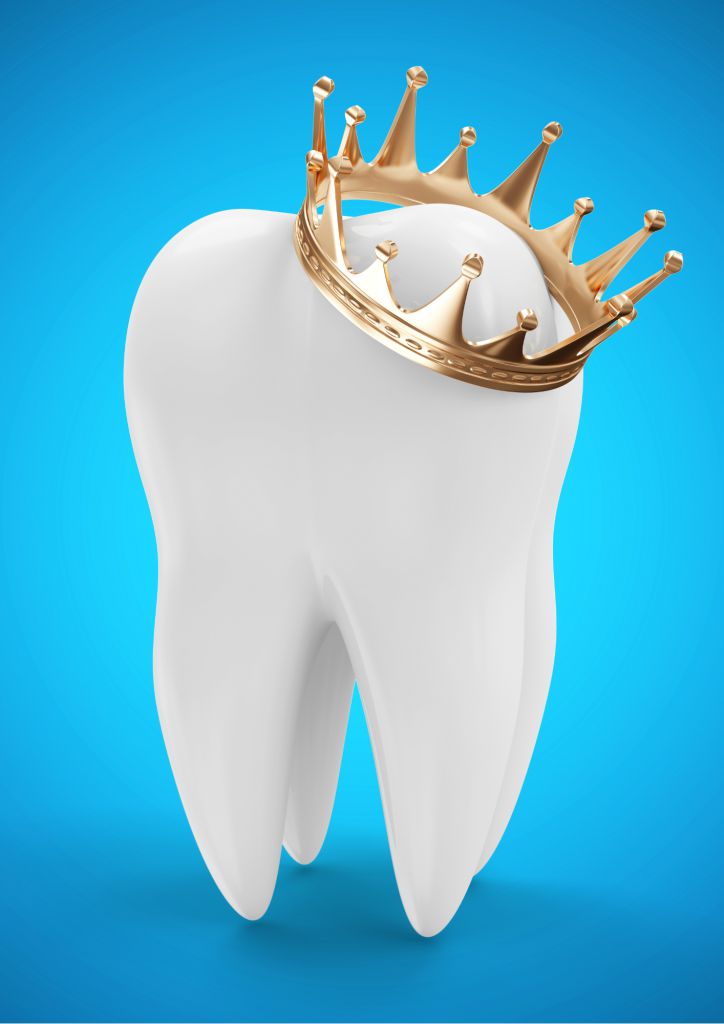



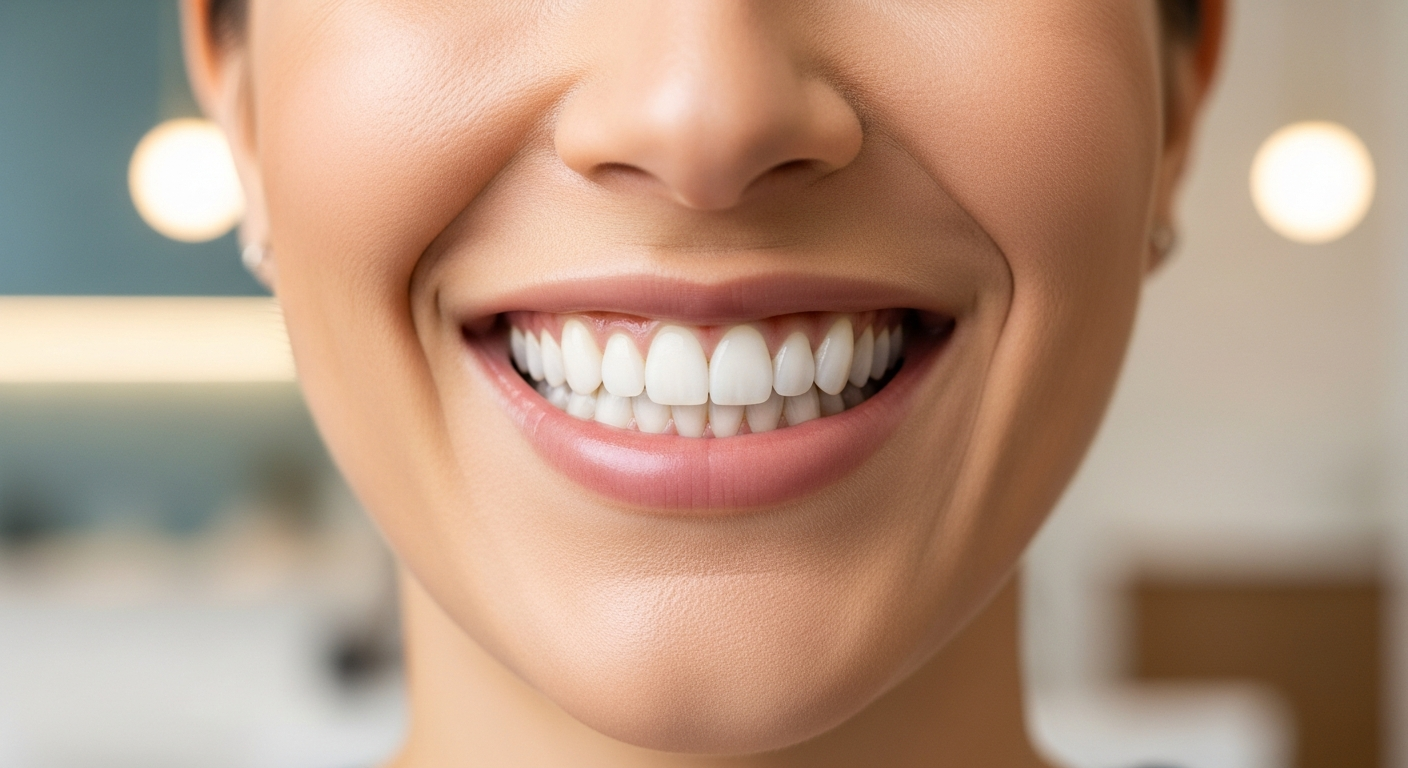



.avif)






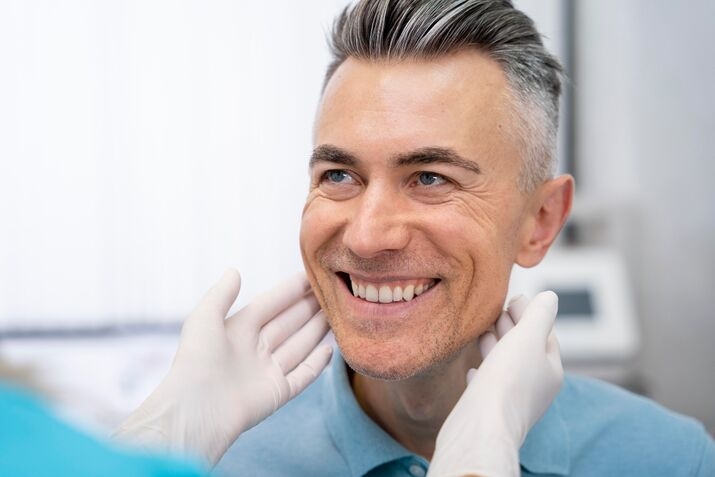
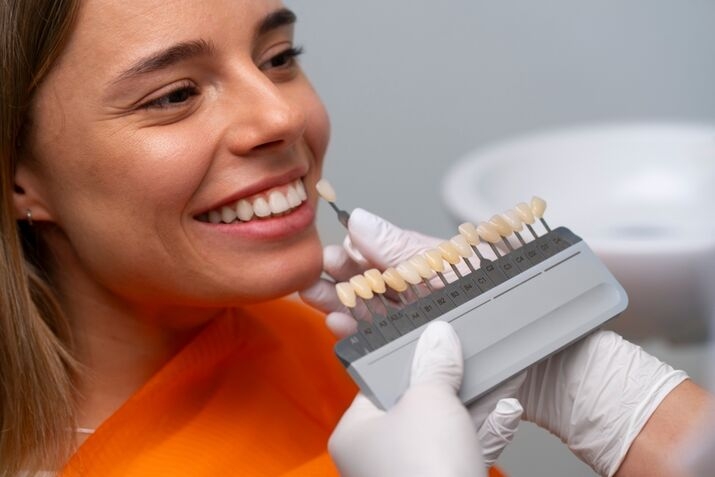


.jpg)


















.avif)

















.jpg)



